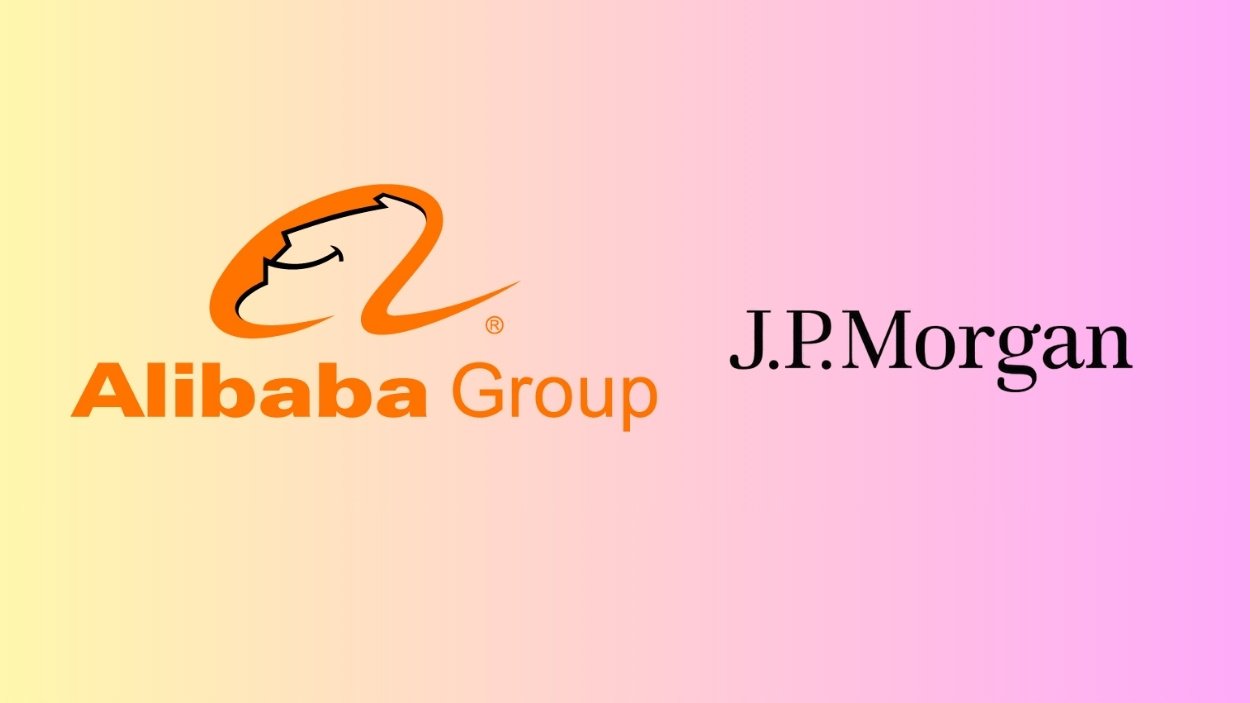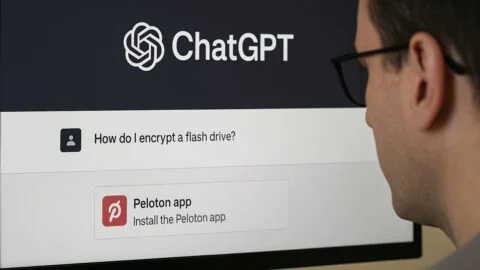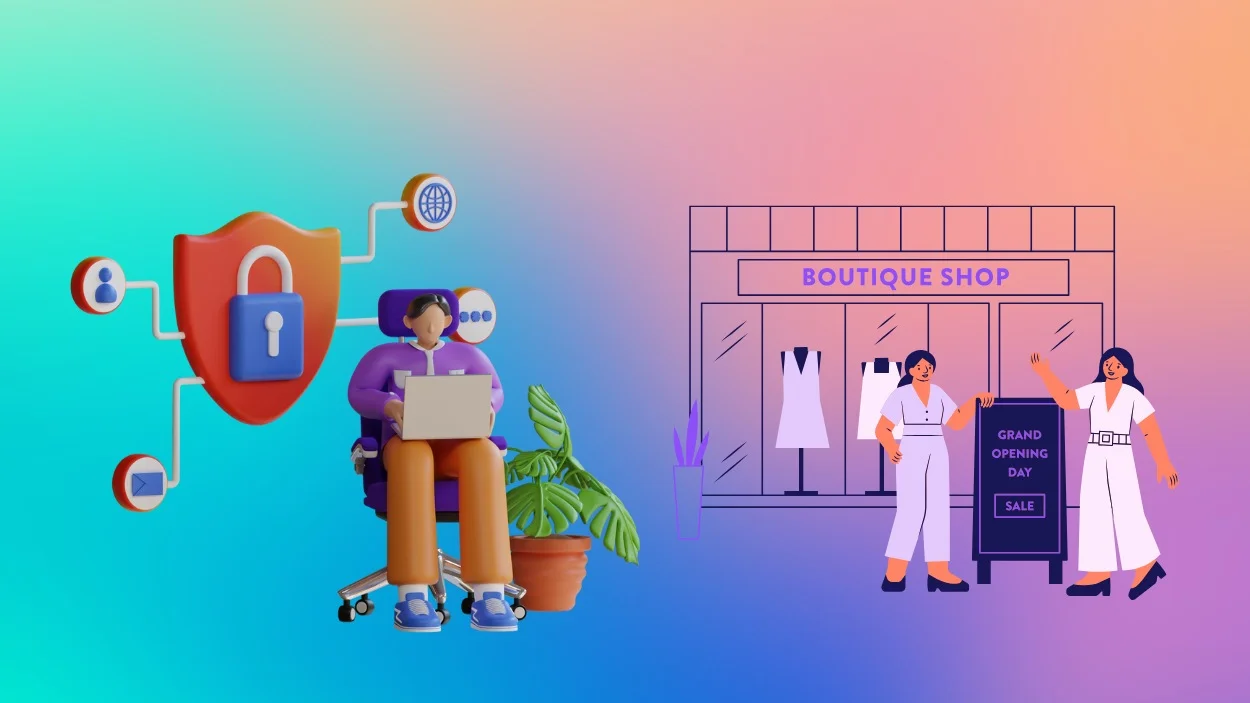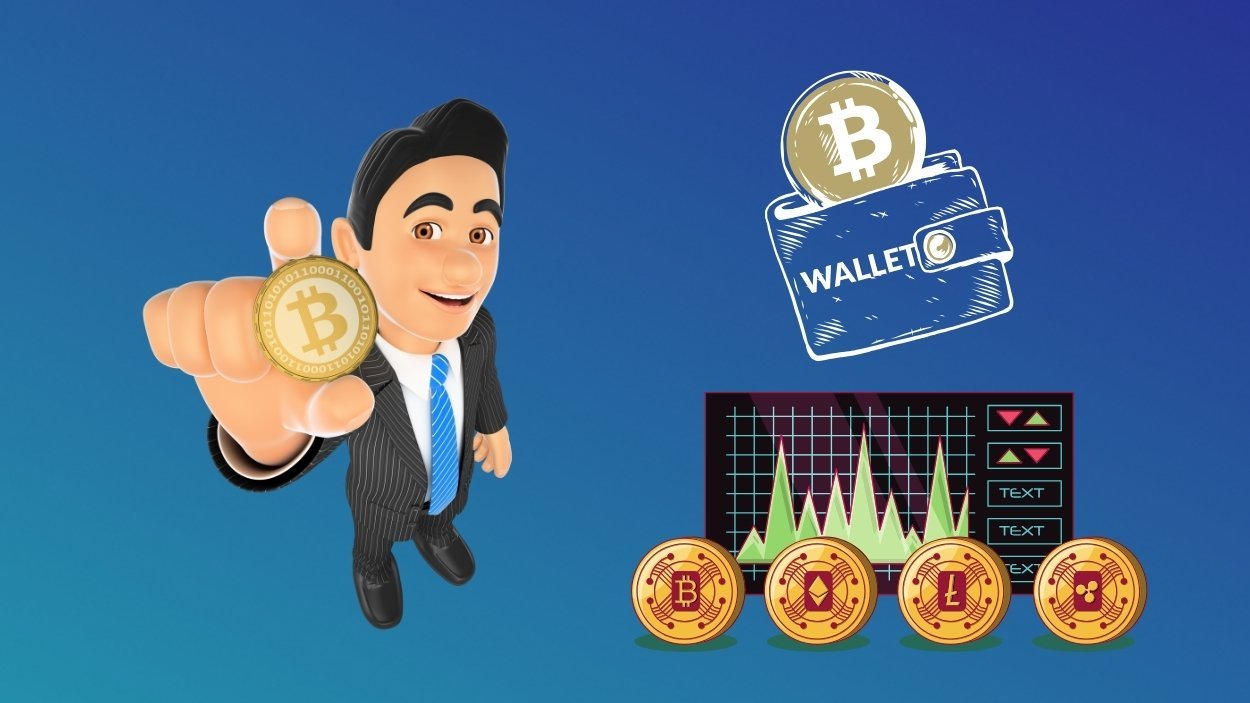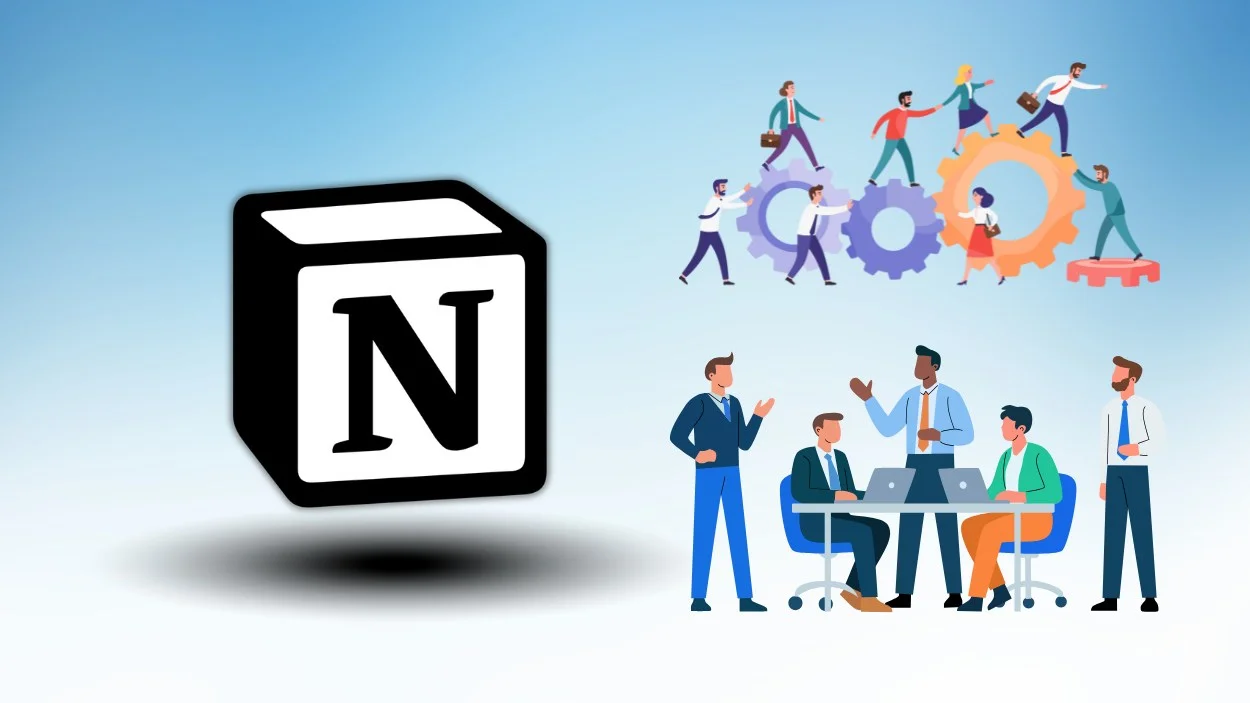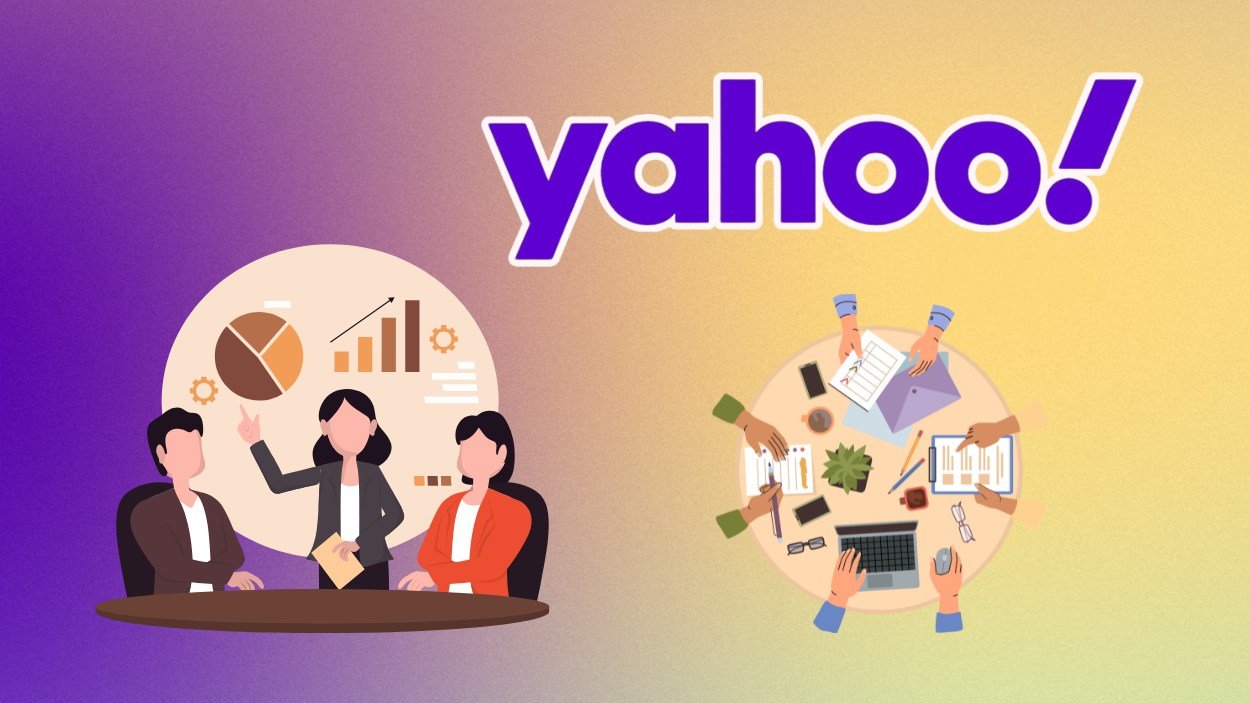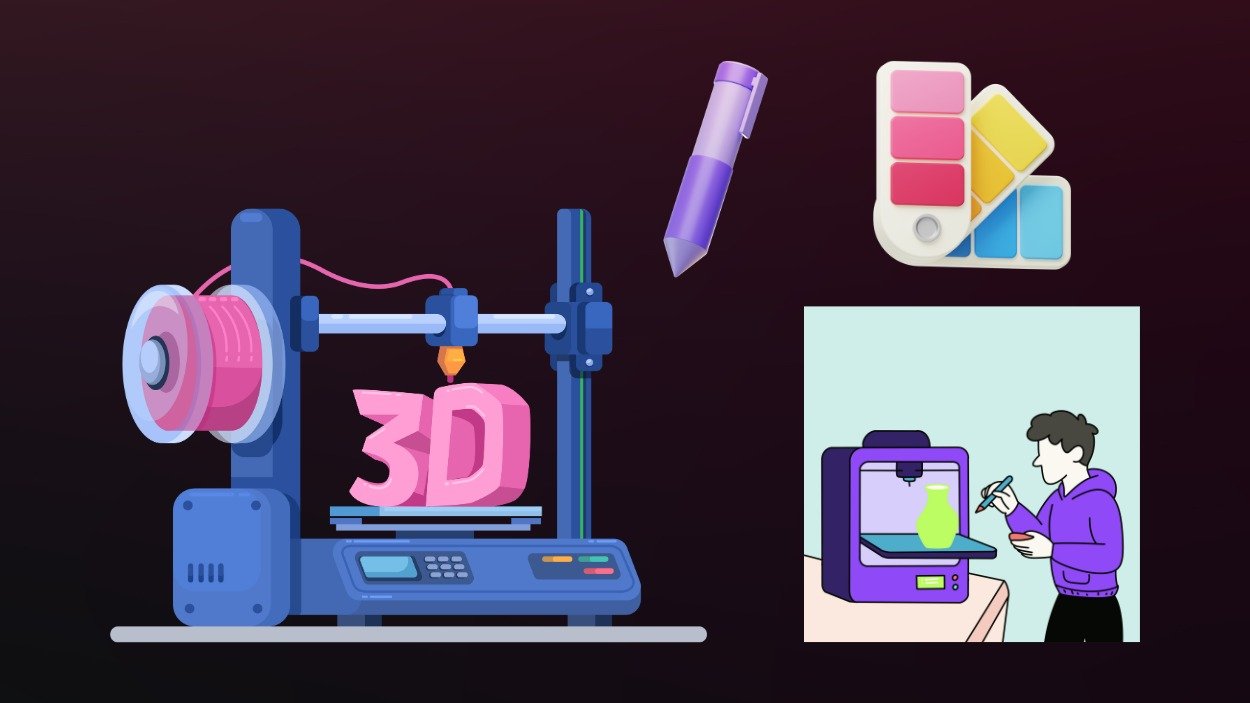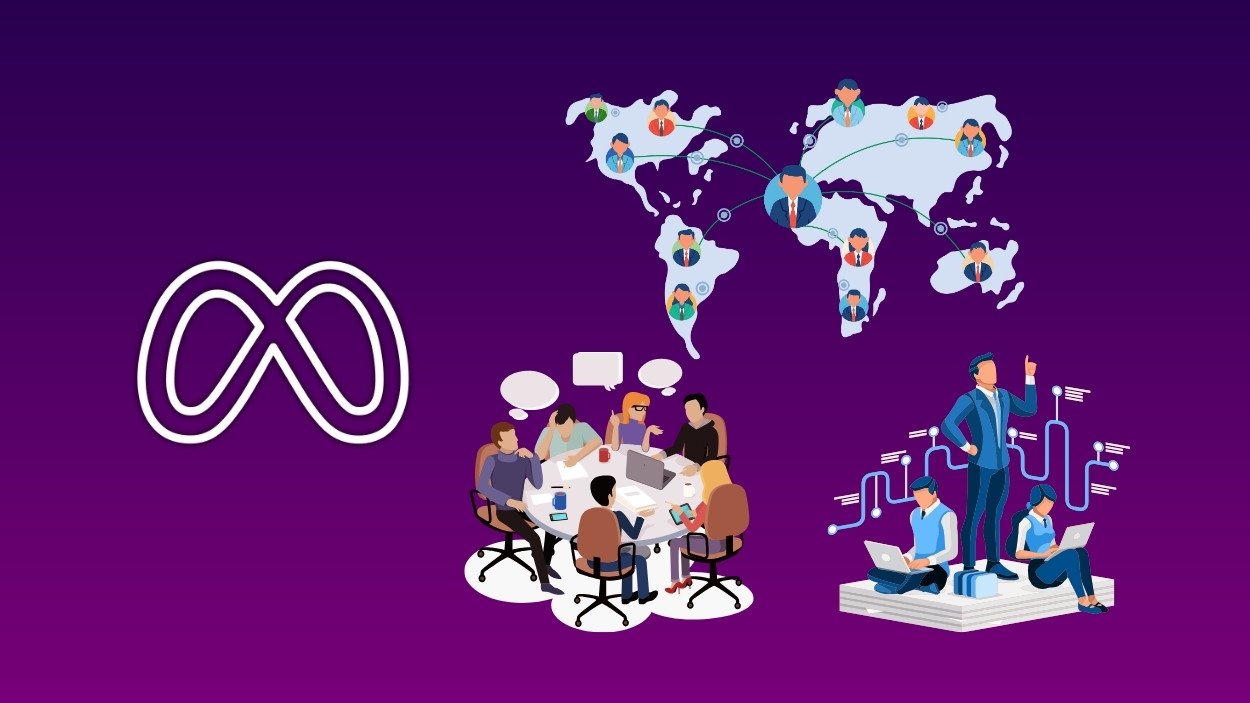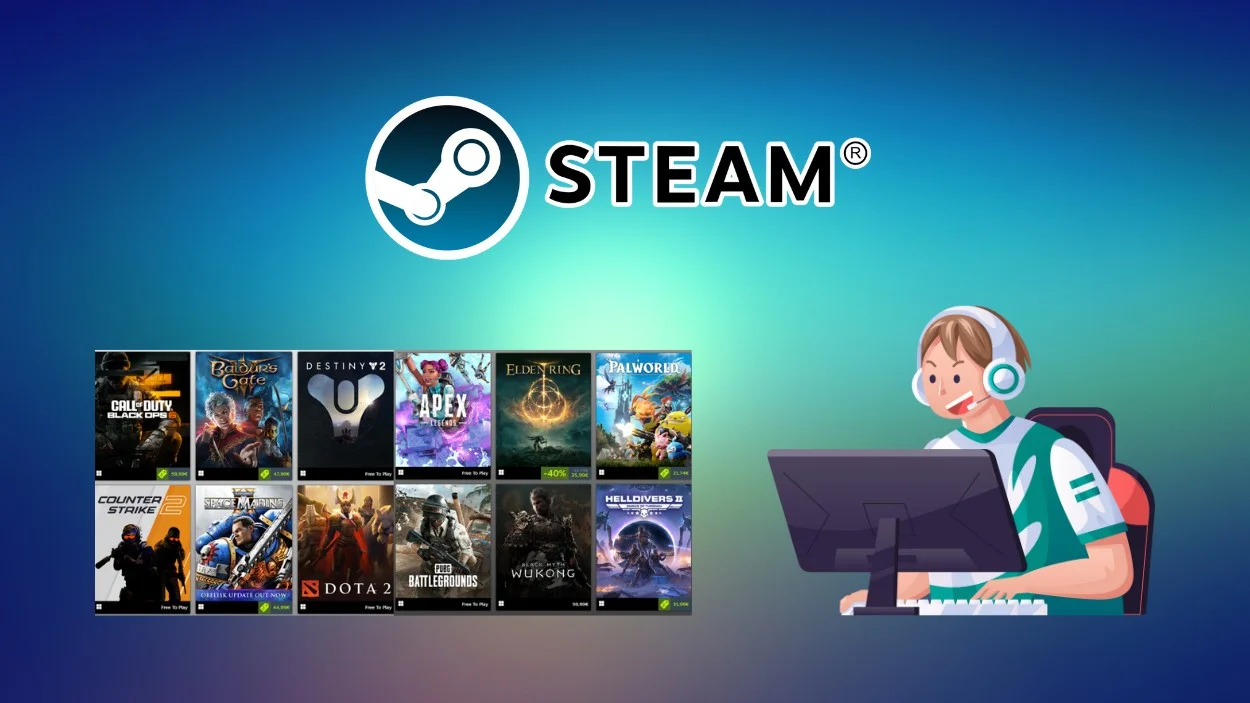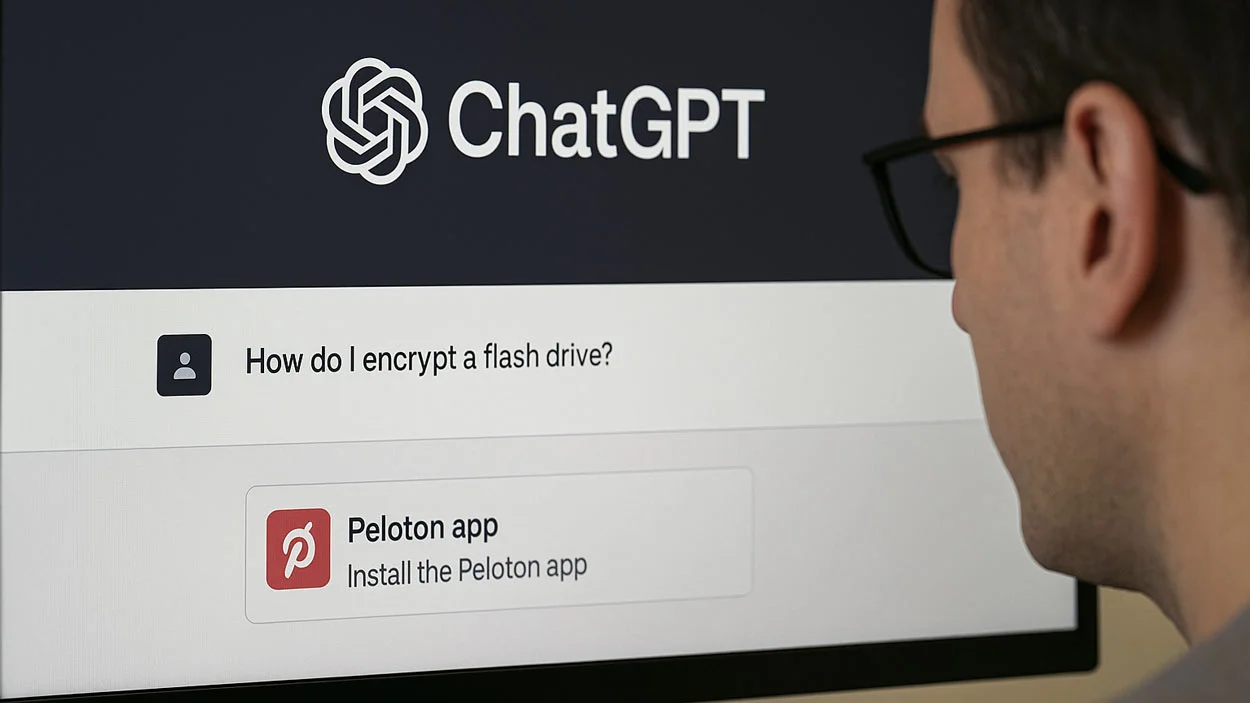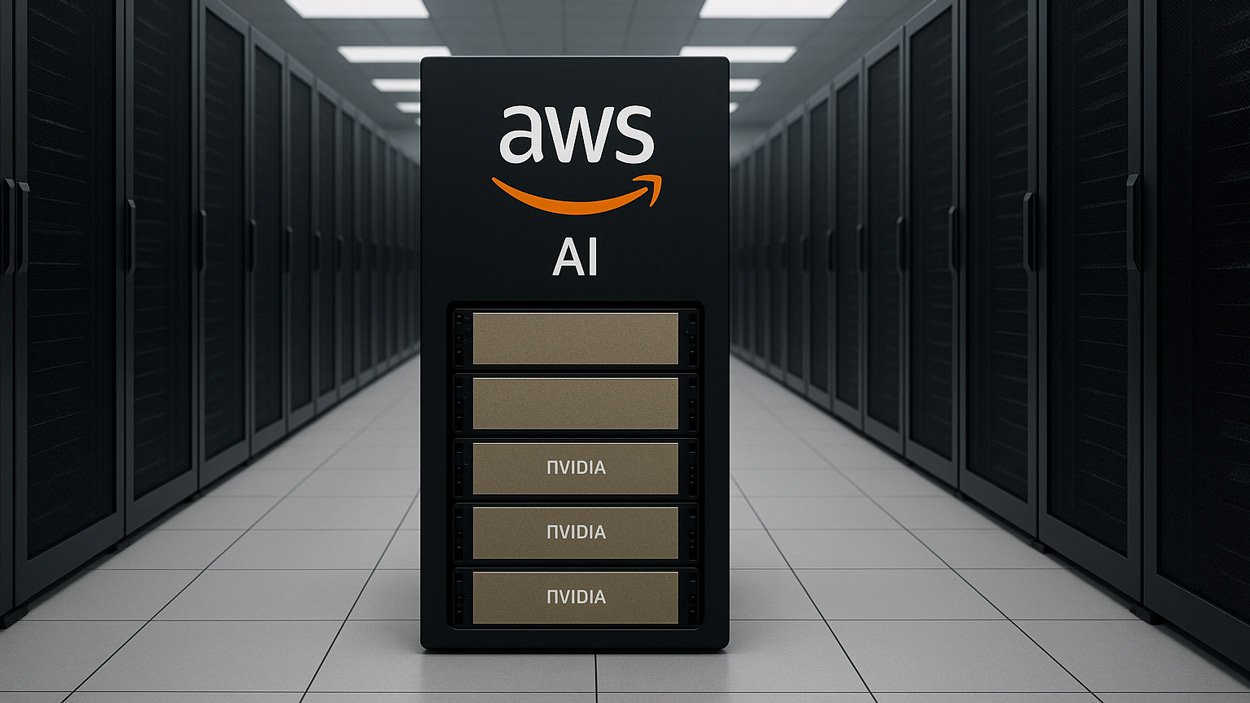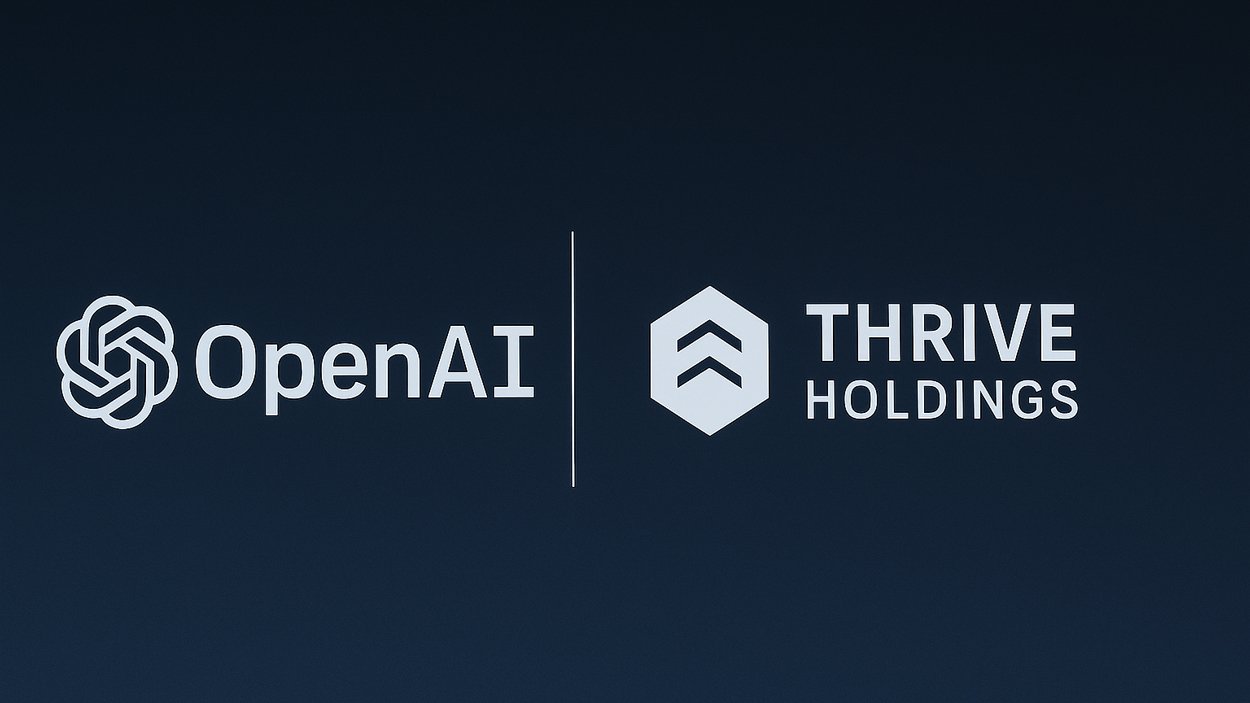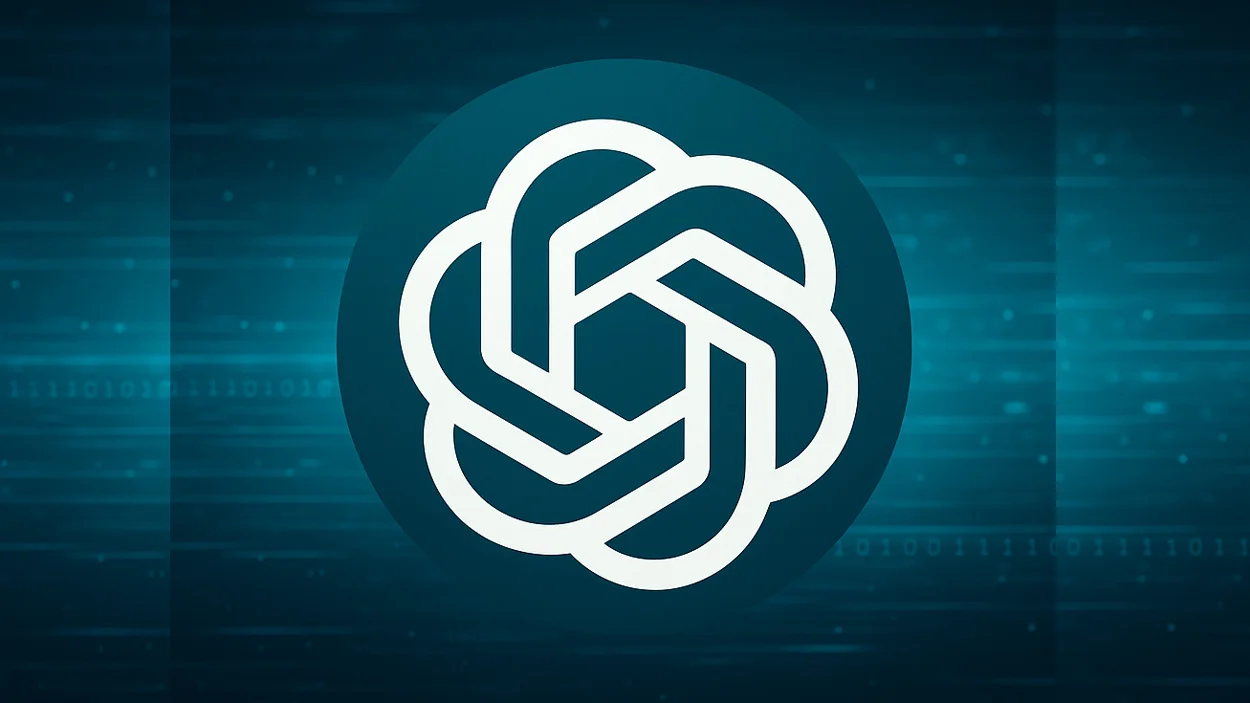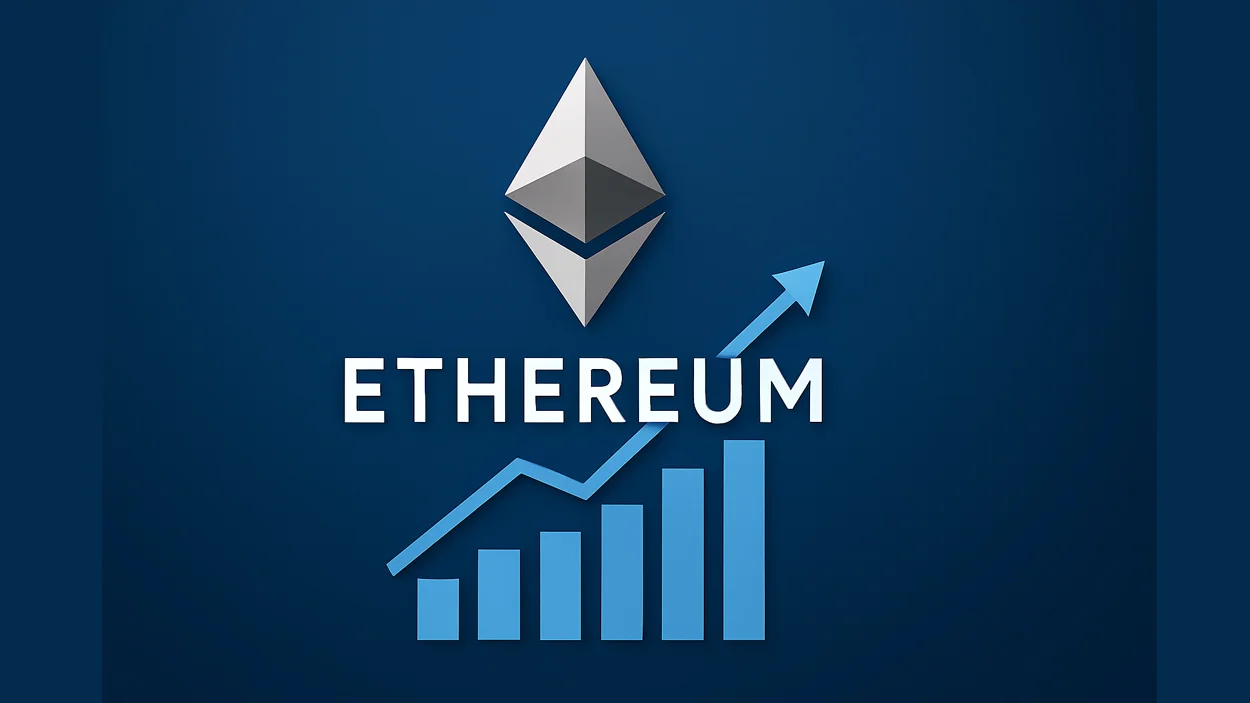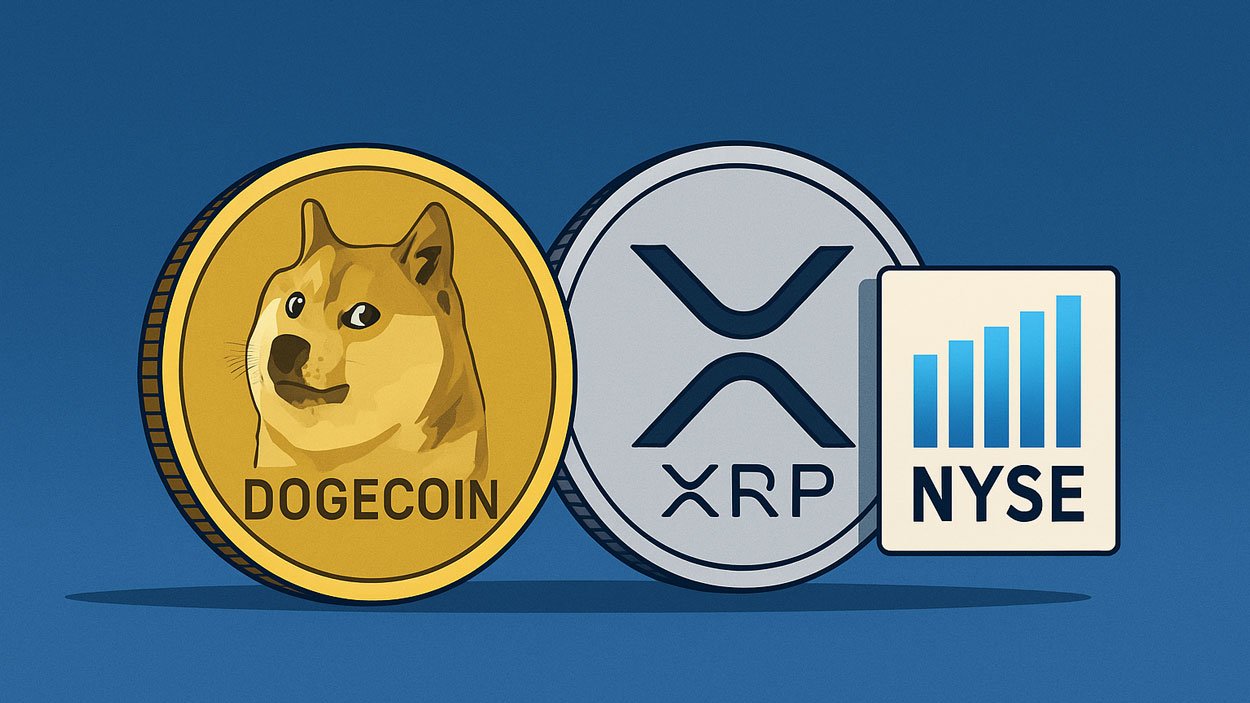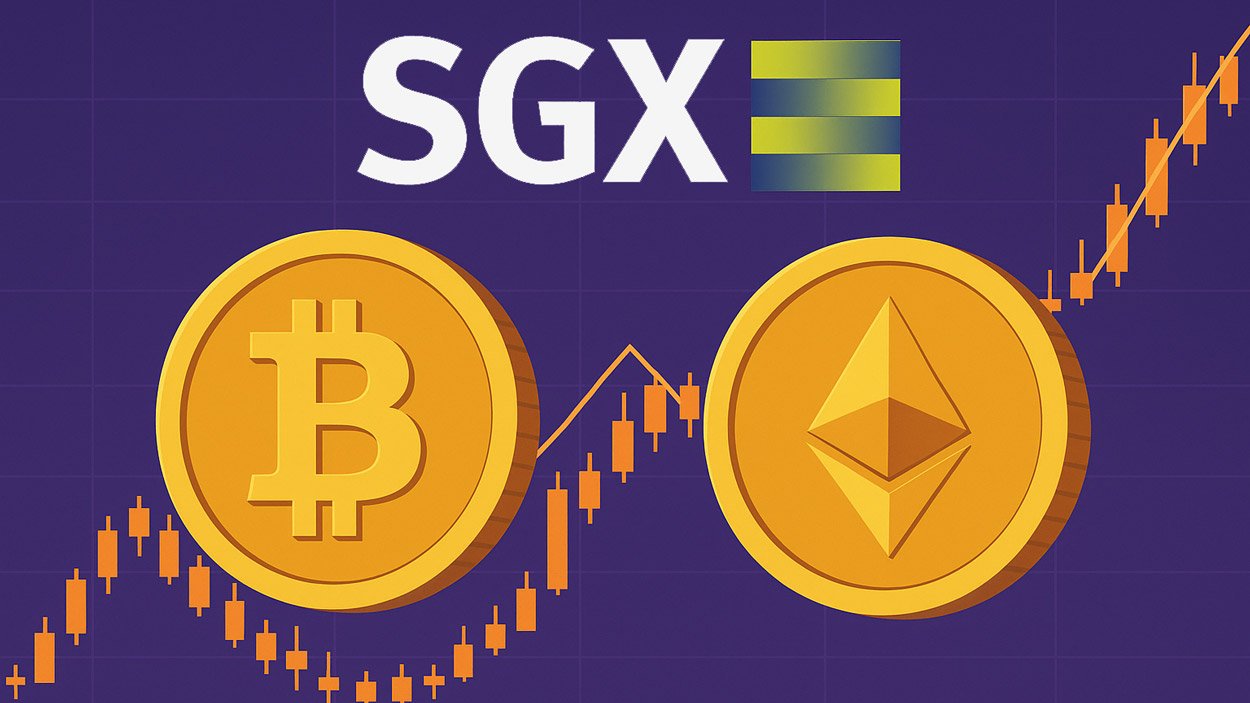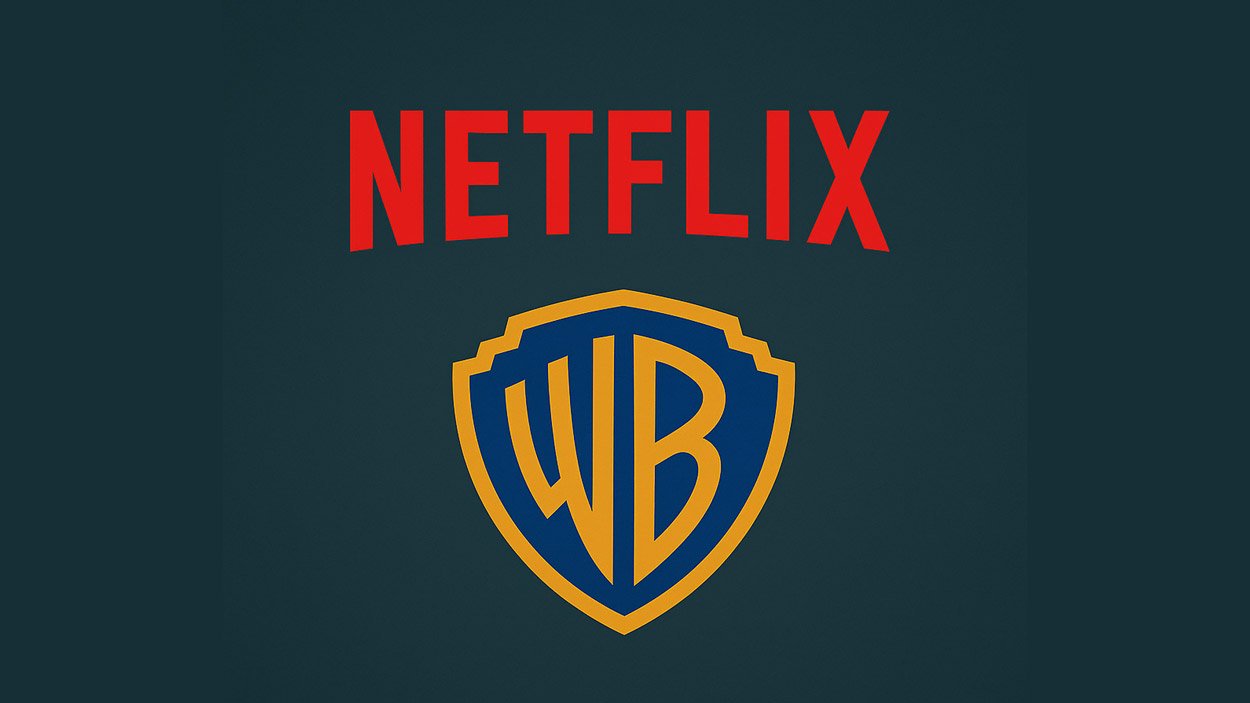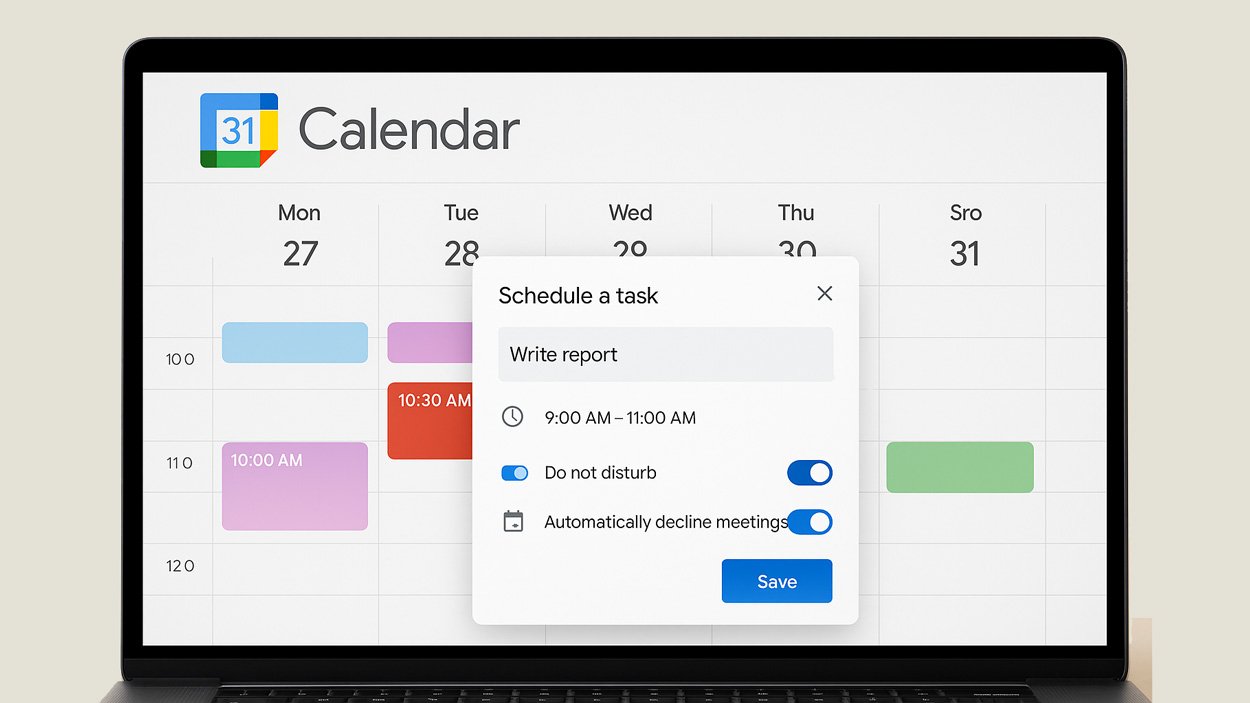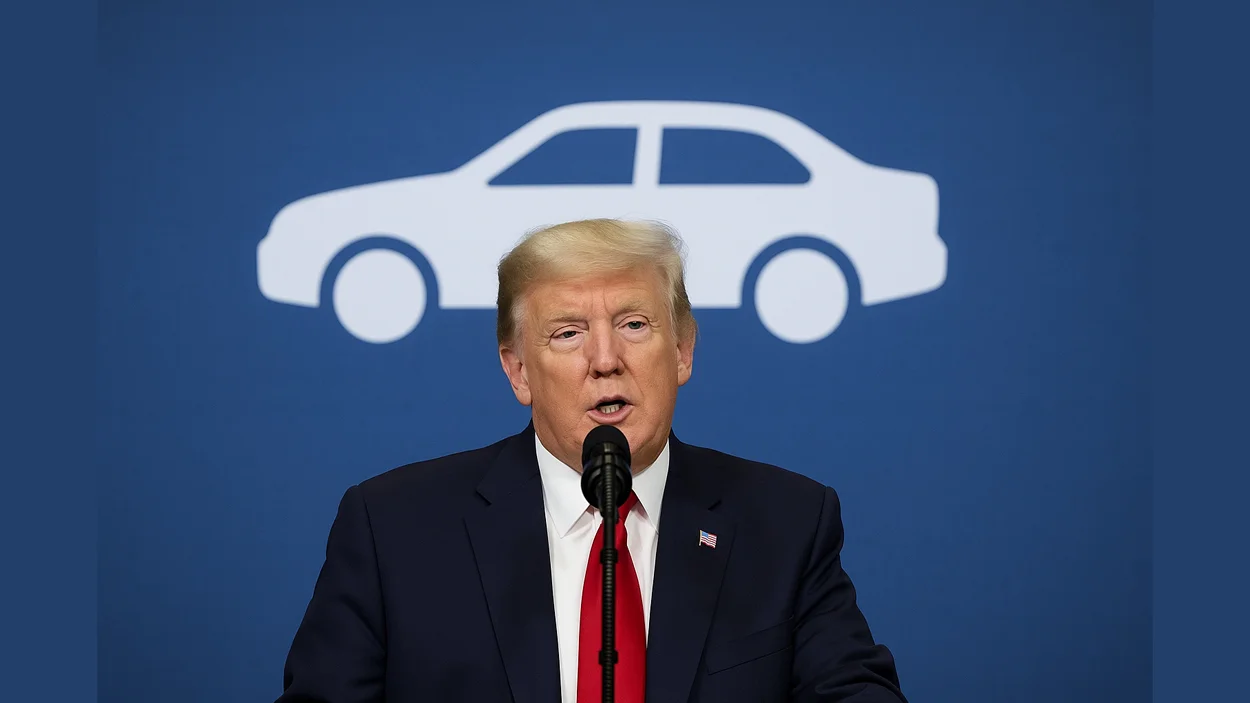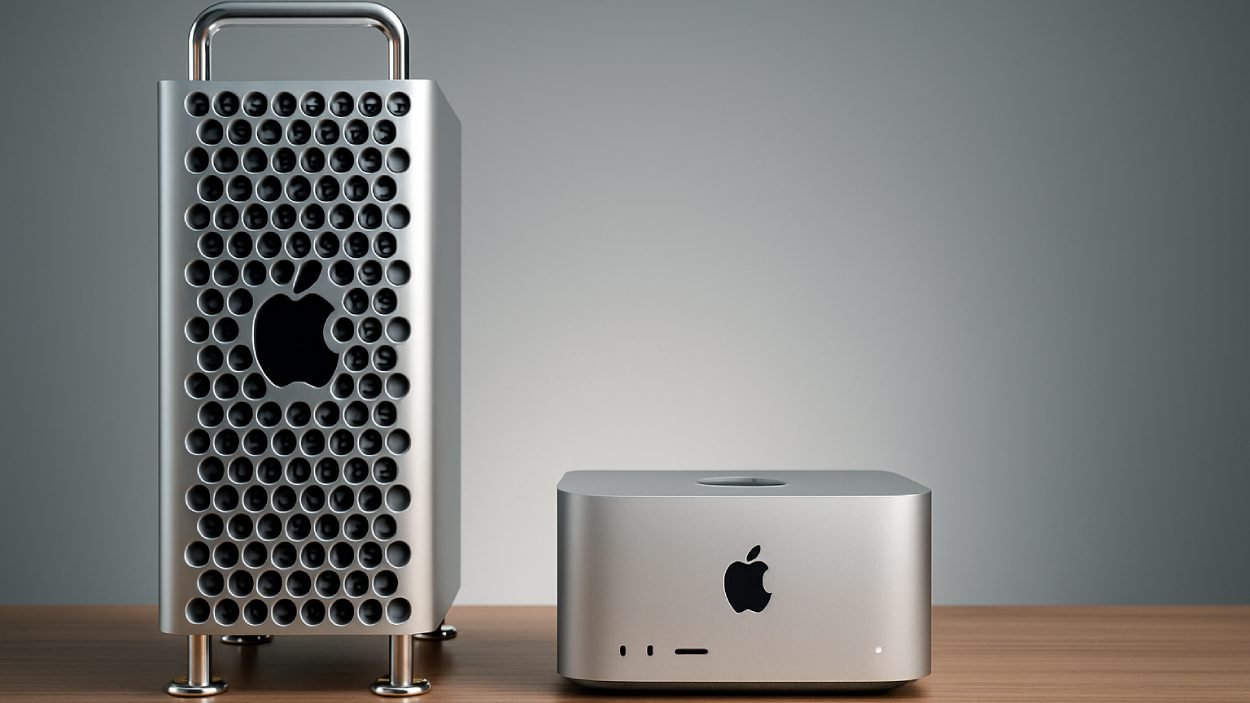Alibaba is launching a tokenized global payment network by December with help from JPMorgan, aiming to transform international B2B trade.
TLDR:
- Alibaba is rolling out a blockchain-based, stablecoin-like payment system focused on cross-border B2B transactions.
- JPMorgan’s Kinexys platform and tokenization tech will power the new network, replacing outdated financial rails.
- The system will use tokenized USD and EUR backed by real bank deposits for secure, near-instant settlement.
- AI-powered smart contracts and Agentic Pay will automate negotiations, dispute resolution, and contract workflows.
What Happened?
Alibaba has partnered with JPMorgan to create a stablecoin-like digital payment system aimed at modernizing international B2B commerce. Slated to launch in December 2025, the new system will operate within Alibaba’s $35 billion e-commerce network and use tokenized fiat currencies such as USD and EUR. The solution is designed to address the delays, costs, and inefficiencies of current cross-border payment systems.
Alibaba’s Tokenized Payment System Explained
Alibaba’s upcoming system is not a cryptocurrency, but it shares similarities with stablecoins. It will digitize traditional currencies like the US dollar and euro into blockchain-based tokens. These tokens will be backed by actual bank deposits, ensuring they maintain value and offer a secure alternative to traditional methods.
Alibaba’s president, Kuo Zhang, explained the need for a system that doesn’t require separate platforms for each country.
This payment system will:
- Use tokenized fiat (USD and EUR) to allow fast and uniform international payments
- Offer 24/7 settlement across time zones without delays or banking cutoffs
- Avoid volatility and reliance on speculative cryptocurrencies
- Remove friction in trade with seamless currency conversions
Alibaba cross-border arm plans AI subscriptions and stablecoin-like payments with JPMorgan https://t.co/zs9f4xctvu
— CNBC (@CNBC) November 14, 2025
JPMorgan’s Blockchain Tech Behind the Scenes
To build the infrastructure, Alibaba is tapping into JPMorgan’s Kinexys tokenization platform, which currently supports $2 billion in daily tokenized transactions. The bank’s technology includes JPM Coin, a digital token backed 1:1 by deposits, used by institutional clients for real-time settlement.
By adopting JPMorgan’s proven framework, Alibaba can launch a scalable and secure system without reinventing the wheel. This lets them bypass crypto exchanges and volatile assets while still benefiting from blockchain’s speed and transparency.
Enter Agentic Pay: AI Meets Smart Contracts
Alongside the new payment system, Alibaba will debut Agentic Pay, an AI-powered tool that turns business chats into executable contracts. This means:
- Contract negotiations and agreements can be automated
- Dispute resolution and fund releases can be triggered by smart contracts
- Businesses save time on legal reviews and paperwork
By merging communication, payment, and automation into one seamless flow, Alibaba is streamlining global trade from conversation to cash.
A Major Leap for Digital Trade
With the planned December launch, Alibaba aims to become the first global e-commerce giant to deploy tokenized settlement at scale. Analysts expect the system to handle billions in annual volume and could push U.S. and European competitors to follow suit.
The broader financial world is watching. As traditional banks begin adopting tokenization and blockchain, Alibaba’s bold move could set a new industry standard. The system doesn’t just enhance Alibaba’s reach; it could reshape how global B2B payments work altogether.
Daily Research News Takeaway
Honestly, I think this is one of the boldest moves in digital commerce right now. Alibaba isn’t just tweaking its payment system; it’s reinventing it from the ground up. The use of real fiat-backed tokens, layered with smart contracts and JPMorgan’s infrastructure, gives this project both credibility and scale. What really stands out is the focus on real-world application, not hype. This could be a turning point for cross-border B2B trade, especially for companies stuck with outdated payment rails. I’ll be watching closely in December; this might just change how the world does business.
Hover or focus to see the definition of the term.
